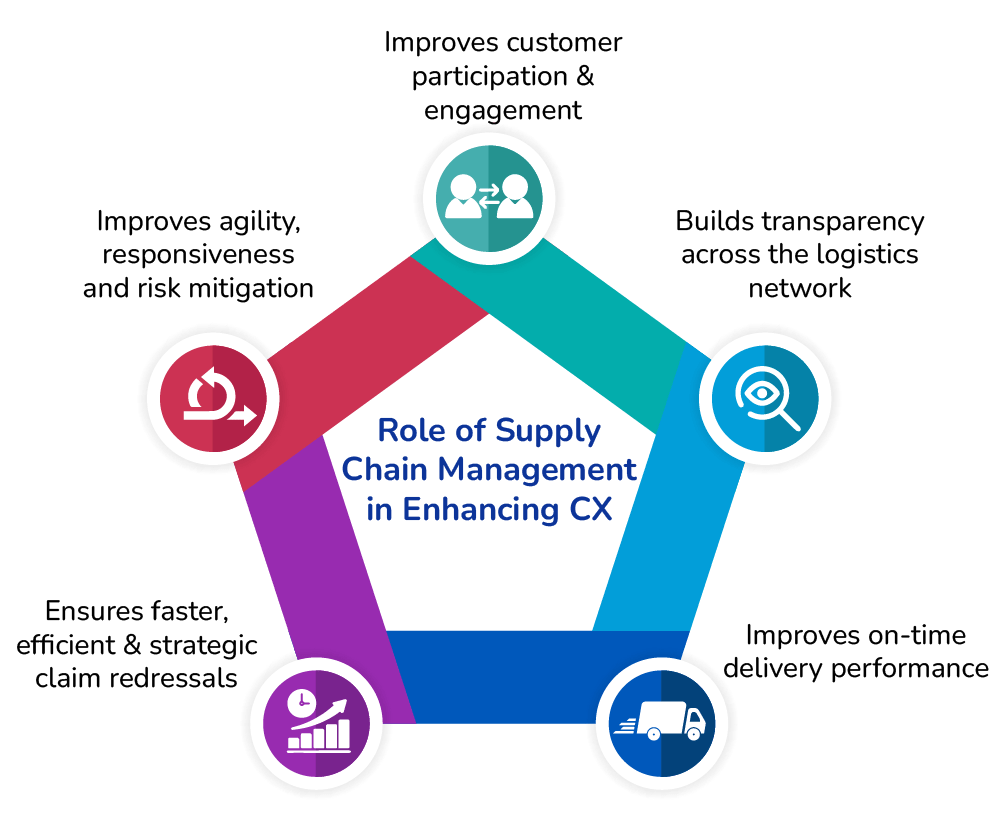Logistics is the backbone of operational success. In this fast-paced world of entrepreneurship, product, marketing, and funding are priorities in startups; logistics management often becomes a missed piece. In this regard, logistics is planning, implementing, and controlling the efficient flow of goods and services.
For startups that operate with limited resources and high stakes, effective logistics can mean the difference between scaling sustainably and collapsing under inefficiencies. This blog explores why logistics management is non-negotiable for startups, how it drives performance, and its role in shaping long-term startup success.
Why Is Logistics Management Important to a Business?
Logistics management ensures that products move seamlessly from suppliers to customers. For startups, this is vital for three reasons:
- Cost Efficiency: Startups work on very thin budgets. Inefficient logistics lead to waste in the form of overstocking storage fees or last-minute shipping fees. Optimized logistics eliminate these costs by finding the best routes, combining shipments, and eliminating waste.
- Customer Satisfaction: Consumers today demand fast, reliable delivery. Logistics is a reflection of the brand. A startup that consistently delivers on time gains trust and loyalty.
- Scalability: Companies that want to scale up require systems that can scale with them. Logistics management provides frameworks for scaling operations, whether entering new markets or managing increased order volumes.
Without strong logistics, startups risk operational chaos, eroding profits, and customer dissatisfaction—all of which can be fatal in competitive markets.
How Does Logistics Management Contribute to Improving Business Performance?
Logistics is not just about moving boxes; it is a strategic tool that enhances overall business performance. Here is how:
- Faster Order Fulfillment: Automated inventory systems and optimized delivery routes shorten lead times, enabling startups to respond quickly to customer demands.
- Inventory Optimization: Overstocking ties up capital, while stockouts disappoint customers. Logistics management balances inventory levels using data analytics, ensuring startups hold just enough stock to meet demand.
- Cost Savings: They negotiate better deals with suppliers and carriers, and therefore, the cost per unit of shipping is less. Efficient logistics also saves them on fuel and warehousing expenses.
- Agility: Startups need to move fast with changes in the market. Real-time tracking and data-driven logistics provide businesses with the flexibility to change course, such as rerouting shipments during disruptions.
For instance, a tiny startup e-commerce operation using logistics technology can process more orders in order, monitor transportation in real-time, and gauge demand to build up to pre-holiday shipment surges while increasing productivity as well as happy customers.
The Role of Supply Chain Management in Enhancing the Success of Startups
Since SCM functions within the logistic platform, it aids in setting out a coordinated structure of business and operations for such start-ups with the objective.
- Supplier Relationships: Startups rely on suppliers for quality materials at competitive prices. Effective SCM fosters strong partnerships, ensuring timely deliveries and favorable terms.
- Risk Mitigation: Startups have risks such as supplier delays or demand fluctuations. A resilient supply chain diversifies suppliers and keeps buffer stocks in place to absorb shocks.
- End-to-End Visibility: SCM integrates every step, from sourcing to delivery. This visibility helps startups identify bottlenecks like a slow customs process and take proactive measures against them.
A food delivery startup sourcing ingredients locally can ensure fresh produce arrives daily, reducing waste and maintaining menu consistency by closely collaborating with suppliers and using SCM tools.
What Is the Purpose of Logistics Management?
Logistics management is to gain operational excellence in all three ways:
- Value delivery: getting the right product to the right customer at the right time at the lowest possible cost.
- Transparency enhancement: giving insights into the inventory levels, shipment status, and delivery time.
- Sustainability support: by developing a proper route as well as packaging for lower carbon footprints, becoming more of a concern for environment-conscious consumers.
- Enabling adaptability: Systems built to adapt to changes in market dynamics, such as abrupt demand pickup or disruptions within the supply chain.
To the startup, this will give a solid foundation that nurtures growth while at the same time enabling efficiency and customer-centricity.
Conclusion
Undoubtedly, logistics management is a necessity for any startup looking to survive and thrive. Be it cost-cutting or improvement in delivery times, building resilient supply chains is the aspect of logistics that affects every other operation of a startup.
In such highly competitive markets where customer expectations are high, and margins are thin, ignoring logistics can easily result in inefficiencies that stunt growth.
Early investments in logistics set up startups to scale sustainably, adapt to challenges, and outperform the competition. Through technology, developing supplier relationships, and making data-driven decisions, even resource-poor startups can turn logistics into a strategic advantage.
In the end, logistics is not about moving products but about moving the business forward. For those ready to embrace this mindset, the rewards are limitless.

